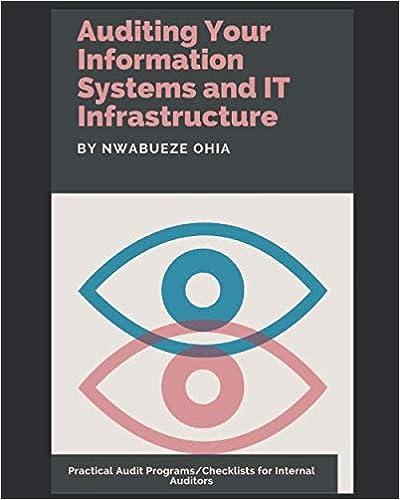Answered step by step
Verified Expert Solution
Question
1 Approved Answer
Storage Pty. Ltd., has two sections, A and B that manufacture expensive cages. Section A produces the cage frame, and Section B adds a roof
Storage Pty. Ltd., has two sections, A and B that manufacture expensive cages. Section A produces the cage frame, and Section B adds a roof onto the cage. There is a market for both the subassembly and the final product. Each Section has been designated as a profit centre. The transfer price for the subassembly has been set at the long-run average market price. The following data are available for each Section:

Step by Step Solution
There are 3 Steps involved in it
Step: 1

Get Instant Access to Expert-Tailored Solutions
See step-by-step solutions with expert insights and AI powered tools for academic success
Step: 2

Step: 3

Ace Your Homework with AI
Get the answers you need in no time with our AI-driven, step-by-step assistance
Get Started


